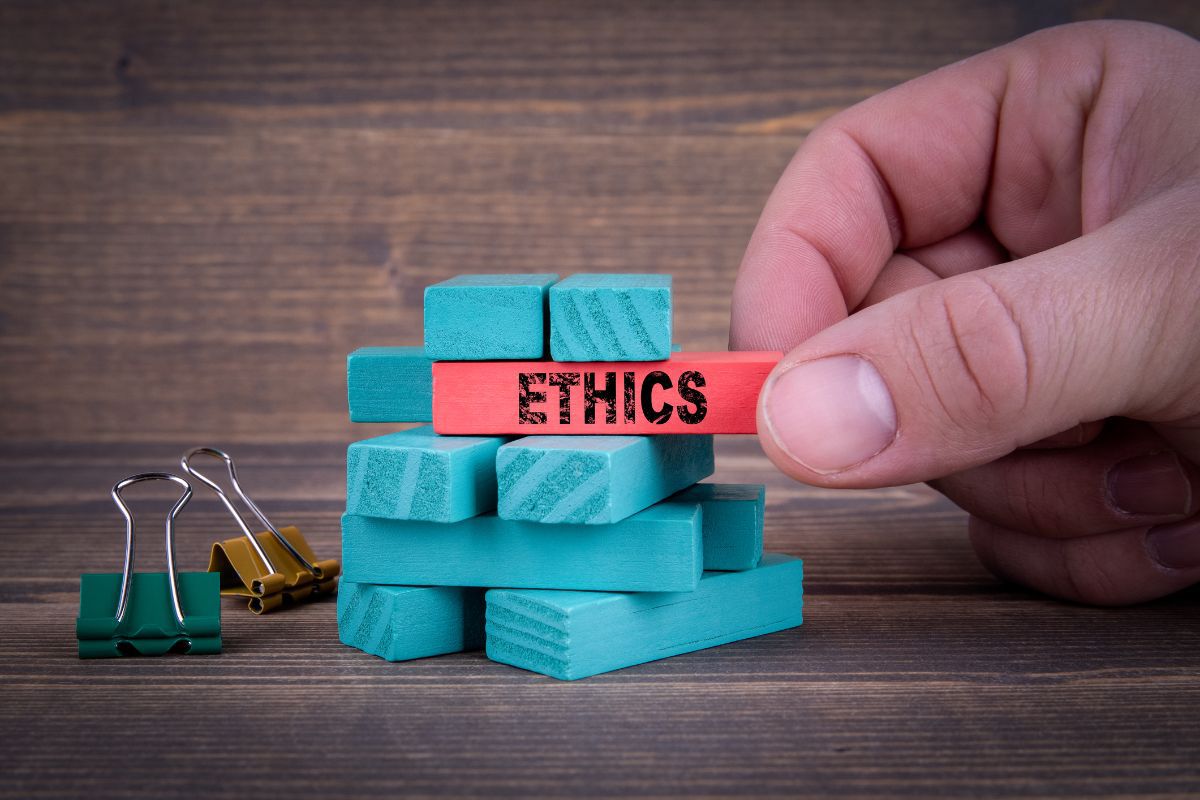Gearing Up For The Second Semester Professionally – Networking
There is no reason to wait to begin networking simply because you are in your first year of law school. Many law students believe networking starts after law school. However, networking begins in law school and continues well into your legal career. Many believe that networking is easiest when a student is still in law school. The first important point to remember is that networking occurs everywhere at any time. Even your fellow students sitting next to you in class are potential networking partners whether they work in private practice, for the government, or a non-profit organization. Networking events offered by the state bar, non-profit...
Continue reading










